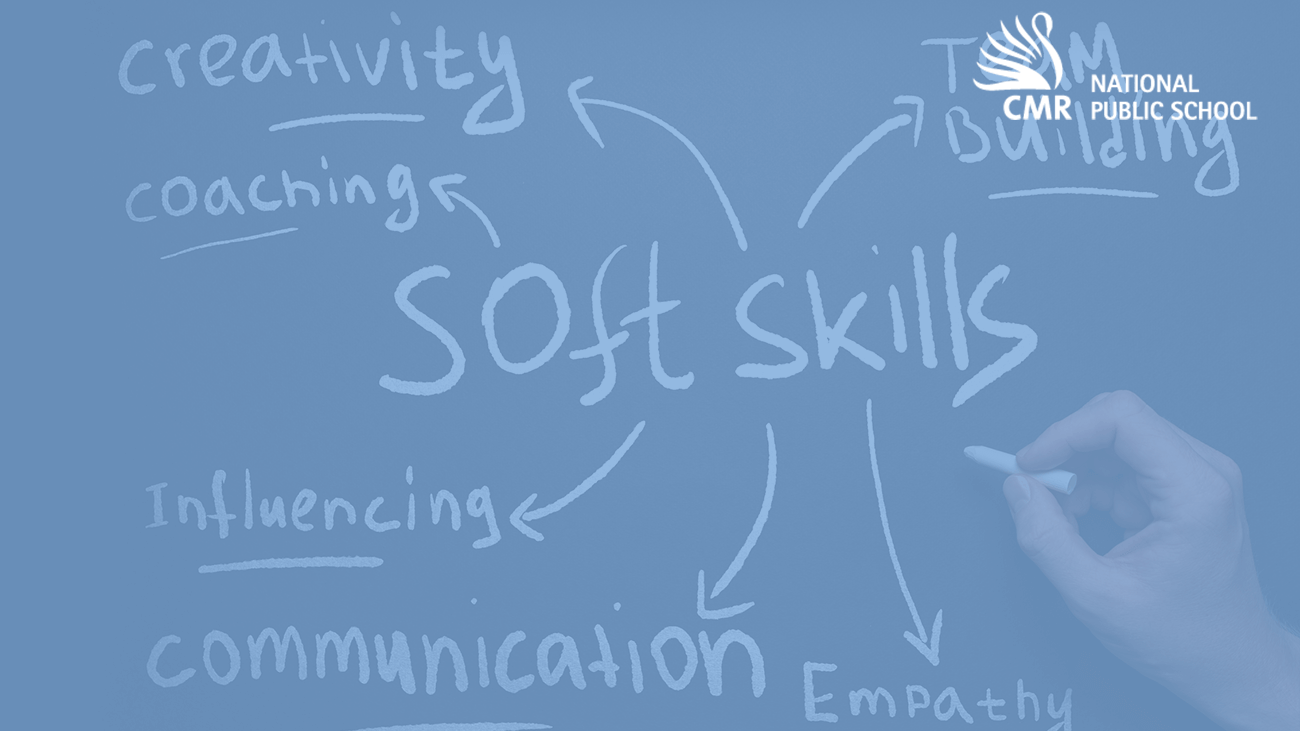True independence encompasses more than just political autonomy or the absence of control. It is a multifaceted concept that involves self-awareness, self-reliance and the ability to make authentic choices without being unduly influenced by societal norms and pressures.
At its core, true independence begins with inner liberation. It’s about understanding and mastering one’s emotions, thoughts and beliefs. When individuals become attuned to their inner selves and recognise their values and aspirations, they can make decisions that align with their true desires rather than succumb to external expectations.
Breaking free from conformity is another crucial aspect of true independence. This means deaf earring and ignoring societal judgements by embracing one’s unique identity and forging a path that reflects individuality and authenticity. This type of independence empowers individuals to express their true selves and pursue their passions, free from the fear of being judged and criticised. However, this type of independence also comes with its share of fair responsibility.
True independence is not isolation; it recognises the interconnectedness of individuals and communities. It involves collaboration, mutual respect and the understanding that one’s actions should not infringe upon the rights and healthy beings of others. It’s the delicate balance between pursuing personal freedoms while upholding a collective sense of responsibility.
Cultivating true independence requires critical thinking, mindfulness, self-awareness and courage. It demands questioning inherited beliefs and confronting internal and external barriers that hinder growth. It’s a journey of continuous self-discovery and self-improvement.
True independence is a holistic state of being that encompasses political, economic, social and individual dimensions. It’s the realisation of personal and collective potential, achieved through self-determination, empathy and the pursuit of a balanced and harmonious existence.
Srijit Narayan Biswas
Grade – 12 J



